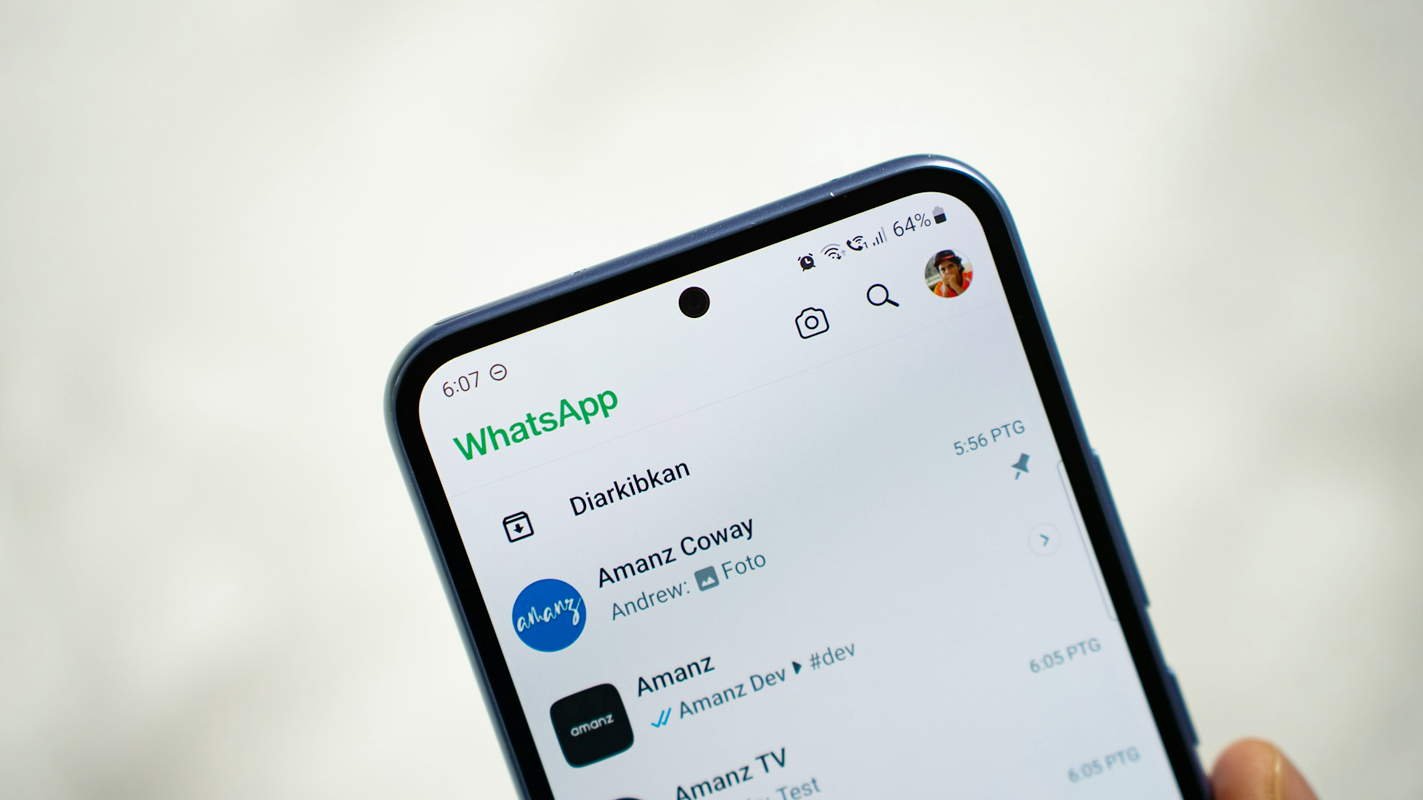WhatsApp to Stop Working on These 70 Phones Starting January 1, 2025– Older devices often find it challenging to keep up with new software updates as technology advances. WhatsApp, one of the most popular messaging apps in the world, is no exception. Starting January 1, 2025, WhatsApp will no longer support several older Android phones, marking the end of an era for devices released more than a decade ago. This shift highlights the inevitable progression of technology and the necessity for users to upgrade their devices to continue enjoying modern applications. Let’s delve into the details of this change and what it means for those still using these older phones.
Why WhatsApp is Dropping Support
WhatsApp has officially announced the list of Android phones that will no longer be supported from January 1, 2025. The primary reason for this move is the app’s continuous evolution. With the recent integration of innovative features, such as Meta AI—allowing users to ask questions, generate images, and design content directly within the app—it has become increasingly difficult to maintain compatibility with older versions of Android. These advancements require more powerful hardware and updated software to function effectively.
Impact of the Decision
Devices running Android KitKat (4.4), released in 2013, will lose access to WhatsApp. While the app will remain installed, users cannot connect to Meta’s servers, rendering it unusable for messaging and other features. This means that even though the app icon is still on your screen, clicking on it will no longer allow you to send or receive messages, make calls, or use any of WhatsApp’s features.
List of Affected Devices
Here are the 70 devices that will no longer support WhatsApp from January 1, 2025:
- Samsung:
- Galaxy Ace 3
- Galaxy Core I8260
- Galaxy Fame S6810
- Galaxy Golden I9230
- Galaxy Grand 2
- Galaxy J
- Galaxy Mega 5.8 I9150
- Galaxy Mega 6.3 I9200
- Galaxy Note 3
- Galaxy Pocket Neo S5310
- Galaxy Round G910S
- Galaxy S4
- I9500
- I9505
- I9506
- Galaxy S4 Active I9295
- Galaxy S4 mini I9190
- Galaxy S4 zoom
- Galaxy S Duos 2 S7582
- Galaxy Star S5280
- Galaxy Star Pro S7260
- Galaxy Trend II Duos S7572
- Galaxy Win I8550
- Galaxy Xcover 2 S7710
- Galaxy Y Plus S5303
- Young S6310
- Sony:
- SmartWatch 2 SW2
- Xperia C
- Xperia L
- Xperia M
- Xperia SP
- Xperia Z
- Xperia Z Ultra
- Xperia Z1
- Xperia ZL
- Xperia ZR
- Xiaomi:
- Mi 2A
- Mi 2S
- Mi 3
- Redmi
- HTC:
- Desire 500
- One
- One Max
- One mini
- LG:
- G2
- G Flex
- Nexus 5
- Optimus G Pro E985
- Motorola:
- DROID Maxx
- DROID Ultra
- Moto G
- Moto X
- Huawei:
- Ascend P6
- Ascend Y300
- Lenovo:
- A369i
- K900
- vivo:
- Y15 (2013)
- Y22 (2013)
- Oppo:
- N1
- R1 R829T
- Alcatel:
- One Touch Idol
- One Touch M’Pop
- One Touch S’Pop
- One Touch T’Pop
- One Touch X’Pop
- Honor:
- 3C
- NEC:
- Terrain
- Casio:
- G’zOne CA-201L
- Cat:
- B15
- Vertu:
- Ti
Reasons for the Upgrade
Most users have transitioned to newer phones since these devices were released over 10 years ago. However, for those still using these devices as daily drivers, upgrading is essential to continue using WhatsApp and other modern applications seamlessly. Older devices lack the hardware capabilities and software updates to support modern apps’ latest security protocols, performance improvements, and features.
Security Concerns
One of the most pressing reasons for upgrading your device is security. Older operating systems no longer receive security patches, making them vulnerable to malware, hacks, and other cyber threats. A device that doesn’t receive updates can compromise your personal information and lead to potential data breaches.
Performance Issues
Older devices often struggle with performance issues like slow processing speeds, limited storage, and battery problems. As apps like WhatsApp evolve and introduce new features, they require more resources to run smoothly. Upgrading a newer device ensures better performance and a more enjoyable user experience.
User Experience
Modern smartphones come with a plethora of features that enhance user experience. From advanced cameras and faster processors to better display quality and longer battery life, upgrading to a newer device means you can take full advantage of these advancements. Additionally, newer devices support the latest versions of apps, ensuring you have access to all the new features and improvements.
Environmental Considerations
While upgrading a new device is often considered an additional expense, the environmental benefits are worth considering. Many manufacturers now offer recycling programs where old devices can be traded for discounts on new purchases. Recycling your old phone helps reduce electronic waste and ensures that valuable materials are reused.
Wrap Up
The decision by WhatsApp to drop support for older Android devices starting January 1, 2025, marks a significant shift in the tech landscape. This move highlights the importance of keeping up with technology to enjoy an uninterrupted user experience. If your phone is on the list of affected devices, now is the perfect time to consider an upgrade. Not only will this ensure that you can continue using WhatsApp, but it will also mean better security, improved performance, and access to the latest features. Embracing the new while letting go of the old is a natural part of the technological evolution, and this change serves as a reminder to stay updated for a seamless digital experience.
By upgrading to a newer device, you’re not just keeping up with technological advancements but also enhancing your overall user experience and ensuring better security for your personal information. So, if you find your device on the list, it’s time to bid farewell and welcome a new era of smartphones into your life.

Selva Ganesh is the Chief Editor of this Blog. He is a Computer Science Engineer, An experienced Android Developer, Professional Blogger with 8+ years in the field. He completed courses about Google News Initiative. He runs Android Infotech which offers Problem Solving Articles around the globe.



Leave a Reply